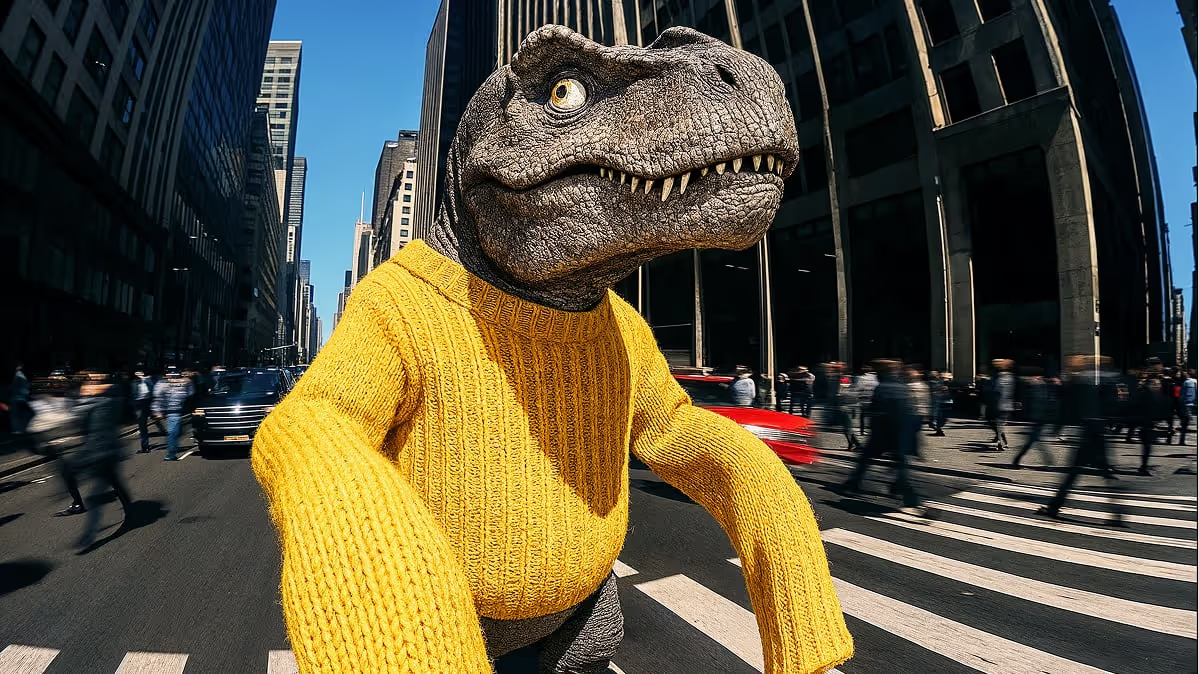
Survey: Сreators feeling stress, stress, and careful curations



At least, that’s what you told us.
You see, we wanted to understand the often-overlooked mental toll that creator life takes — the imposter syndrome, the burnout, and just how much access to give your followers — so we surveyed the stars behind the content.
And we had our own in-house-fluencer, Melanie Demi (who has a respectable 926K fans herself), read the tea leaves on what it all means to her.
Our mostly scientific results (🧐) follow — plus a spoonful of sugar, mixed with a bit of medicine to go down with it.
Ripping off the Band-Aid
As you can see here…
For most of you (68%), it starts as a dream of creative expression.
According to Mel, "Most of us started sharing our passions online out of a legitimate love for what we do. The drive comes from a genuine desire to connect with others who share our interests. That's honestly it."
Surprisingly for a business that helps creators make money, for the majority of you, the ability to monetize your passion was not the original goal. (And freebies were just fringe benefits.)

The Hidden Workload

(Contrary to the popular saying.)
Mel explains, "What most people don't see is the behind-the-scenes stuff that goes into every single post."
When your passion becomes your only profession, the stakes — and the way your audience reacts— skyrocket.
No pressure, right?
Actually...
A whopping 72% of you felt pressured to present an idealized version of yourself online. But idealized for whom? (How can you know what is “ideal” for folks? At some point, you’re trying to negotiate what you *think* is idealized to other people. Talk about a funhouse mirror maze of perceptions!)
As the shiny veneer of influencer life starts to dull, what lies beneath?
Don’t Suffer.
If you’re serious about taking your passion online, Mel (who has herself not gone insane with pressure — we think?) has a few suggestions to manage the transition:
- Set aside time to enjoy things you love (offline).
- Establish a realistic content schedule to avoid burnout, but give yourself grace if you don’t hit it every day.
- Be transparent about the realities of your work to your audience. (Maybe shoot some BTS stuff about your struggles.)
- Define your own version of "ideal" content rather than chasing others' expectations.
Honestly, kinda
0%
Nah I'm good
0%
A Glass Box of Emotions
"Life online can be incredibly anxiety-filled," Mel admits. "The pressure to constantly produce can lead to burnout."
It starts with you passionately connecting with your art, your feelings, your industry, your followers. But then... the expectations become the driver.
You realize you’re no longer just creating for you. There are thousands of baby birds chirping for more content.
Quality dips and so does your follower count.


Happiness is a paradox
Our survey revealed a wild divide: 40% of creators report increased joy since becoming full-time creators, while 60% experience either decreased happiness or no change.
Personal fulfillment? Never guaranteed.
effect
effect
And imposter syndrome is rampant, even for those with massive followings. As Mel shares, "No matter how much success you achieve, there's always that nagging feeling that you're not good enough."
And that’s coming from someone with almost 1M followers. 😬
With that in mind, it's no shock that 42% of our respondents see a mental health professional regularly. Does that number seem low to anyone else?
But time offline can often be more anxiety-inducing than time spent creating.
Or to put it another way: "Damned if you do. Extra-damned if you don’t."
Perception ain't reality
Every creator faces the online authenticity paradox — how the hell do you balance the real you with what your audience wants to see (but still be you)?
You walk a razor's edge of tactical sharing, engaging in what scholars call “strategic self-presentation” — a constant negotiation between authenticity and self-censorship.
With 95% of our survey respondents believing authenticity boosts engagement, navigating this paradox can make or break your brand.
"I pride myself in being open and real with my audience,” says Mel. “But there's always a hard line to draw. I'm constantly cautious about what I share online."
The quest for "authentic" content often leads down a wormhole of carefully curated "real" moments. And eventually, your audience will start to sniff those out.
It's the “Instagram vs. Reality” post that took 50 takes to get just the right amount of "imperfection."

Start Real to Stay Real
Authenticity starts at 0 followers.
Want to be sure you’re presenting the real you, not some idealized version? Take it from a pro:
“Honesty and openness with my audience has been very important since Day 1.” Mel says. “They trust me, and it’s important for me not to screw that up.
“So when thinking about my content, sure, I share the pretty and fun stuff happening in my life, but I also share the realistic experiences behind it.
“Think about what part of the audience connection is most important for you — and remember it every time you put something online.” 🤯
The 800lb Gorilla of Creatordom

A sense of responsibility for all those people adds yet another layer of icing to the already 15-layer-cake of anxiety.
It's not about posting pretty pictures or funny videos anymore. Every piece of content becomes a potential influence on someone's life decisions, self-esteem, or worldview.
... (Especially the youngins.)
So how do creators navigate this minefield of influence and responsibility?
"As influencers,” says Mel, “we have a responsibility because our content directly affects our audience. The products we promote, the messages we share, and even the way we present ourselves can influence the decisions, behaviors, and self-perceptions of our followers."
Think of the Children!
Did you know the average child creates their first social media account at 12.6 years old? It's no wonder 85% of our surveyed creators believe internet culture has changed aspirations for young people.
Every creator now has to balance the impact of their content not just on their intended audience, but on impressionable young minds. Your tongue-in-cheek joke could become their internet slang — or worse, their reason for skipping class to live-tweet from behind the gymnasium.
All viral is not good viral.
You are not a role model. But…
Obviously, if you’re sharing adult content (erm... adult-focused content), the best way to avoid corrupting the youths is to change the minimum age of your content.
For the rest of you PG-rated folks…

“I try to be open with my audience about my struggles,” Mel says. “I struggle with imposter syndrome. I struggle with my self-image.
“And so, I share a lot of that too. Not in a ‘boo-hoo’ way, but in a ‘content creators are real people with real struggles’ way.”
Ooooh, that’s better than a fidget spinner.
Blurred Lines
When you bring your audience into your home as an influencer, you're not just breaking the fourth wall; you’re taking a sledgehammer to it.
A majority (57.14%) of you reported feeling an erosion of the lines between personal and professional life.

And when your audience is constantly on your mind (and on your feed), you feel the need to constantly perform, even offline — as 72% of you reportedly do.
So when do you clock out?
Spoiler alert: You don't! (insert canned laughter)
Time is an Illusion
Perhaps the simplest way to maintain a comfortable balance and time away from creating is to give yourself work hours. We’re not going corporate on you; hear us out.

100% Organic, Gluten-Free, All Natural Copium
In this brave new world, even the definition of success has a glam filter.💅
Our survey reveals 85% of creators have evolved their "winning" metrics. It's not just about likes anymore — it's about impact, authenticity, and personal fulfillment.
Navigating the spotlight demands resilience which is why 70% of you have developed unexpected coping mechanisms, from digital detoxes to mindfulness practices.
As Mel notes, "It's a job that requires you to be both vulnerable and resilient, creative and strategic."
Adaptability isn't just helpful — it's essential for survival.

The show must go on
(and on)
(and on)
So, what's the final verdict on this professional passion project we call being a creator?
It's a tightrope walk.
Our survey paints a picture of juggling authenticity with anxiety, passion with pressure.
But as Mel wisely puts it, "We choose this path because we believe in the power of connection, the importance of authenticity, and the potential to make a positive impact in a world that's often anything but."

Just don't forget to turn off that Ring Light once in a while, yeah?
It's not great for your vision.
Read on:
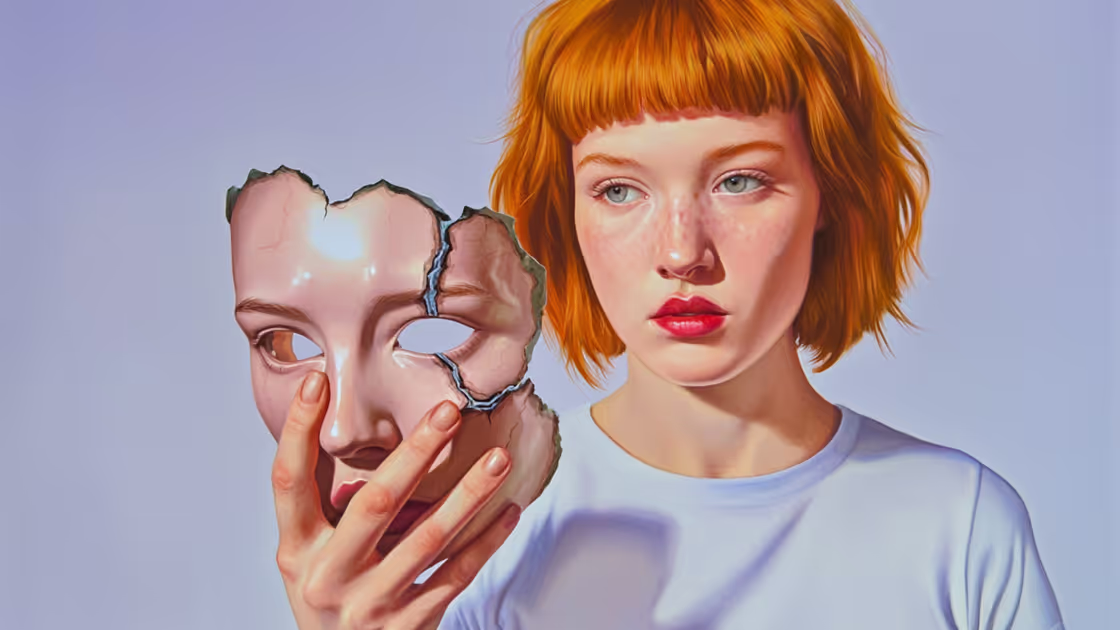

All
Artificial Exploitation
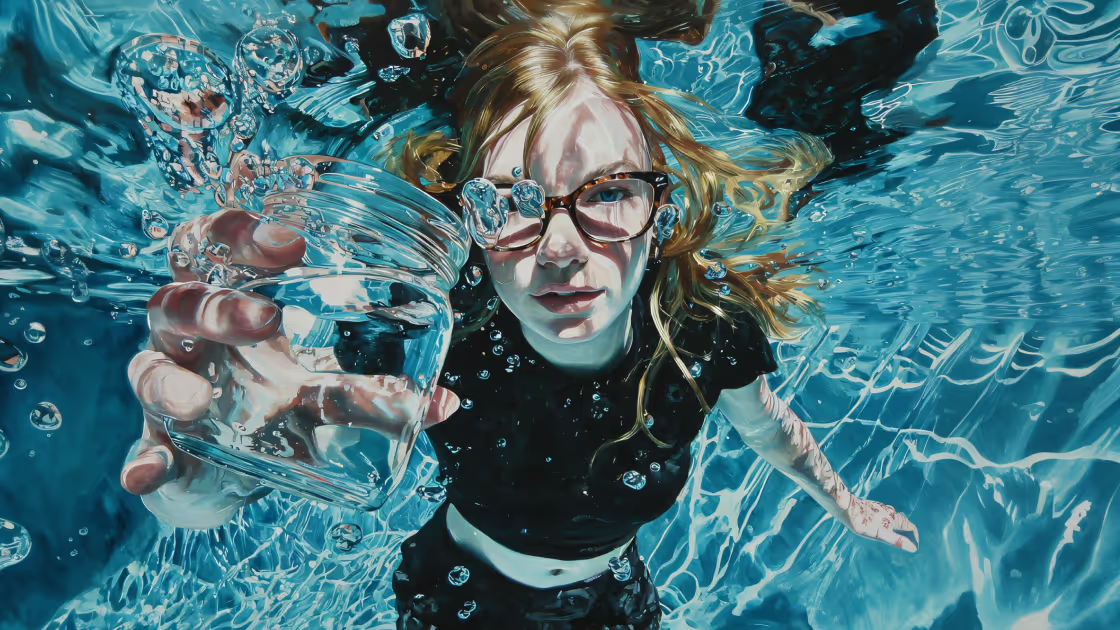

All
She Sold her Bathwater, but You Drank it
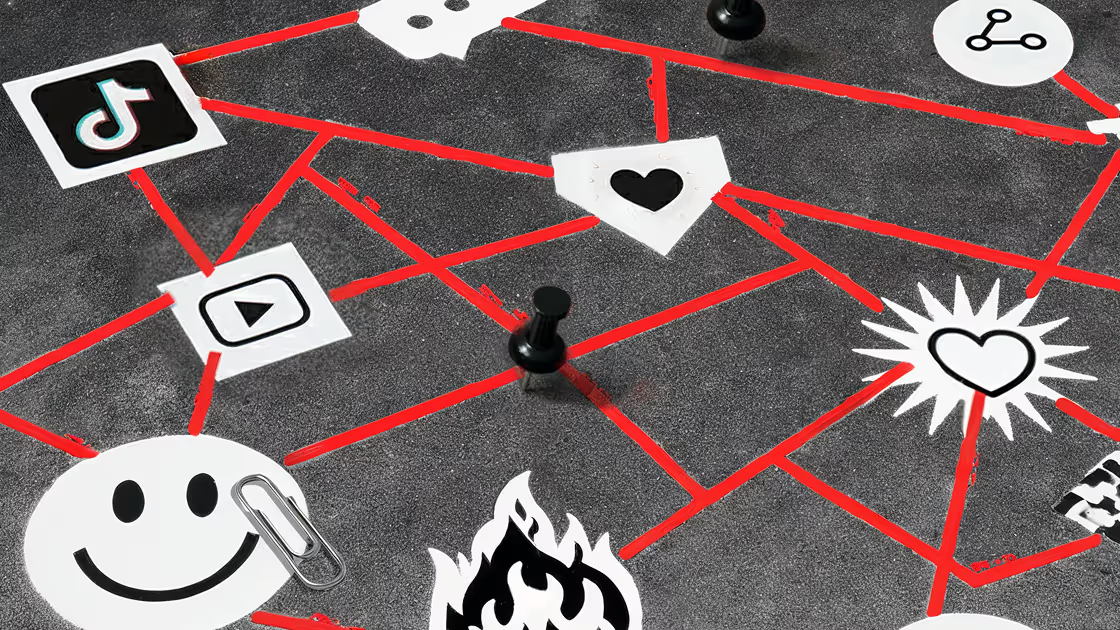

All
CRIMINAL INVESTIGATION REPORT: THE GLEEFUL DEATH OF TRADITIONAL MARKETING
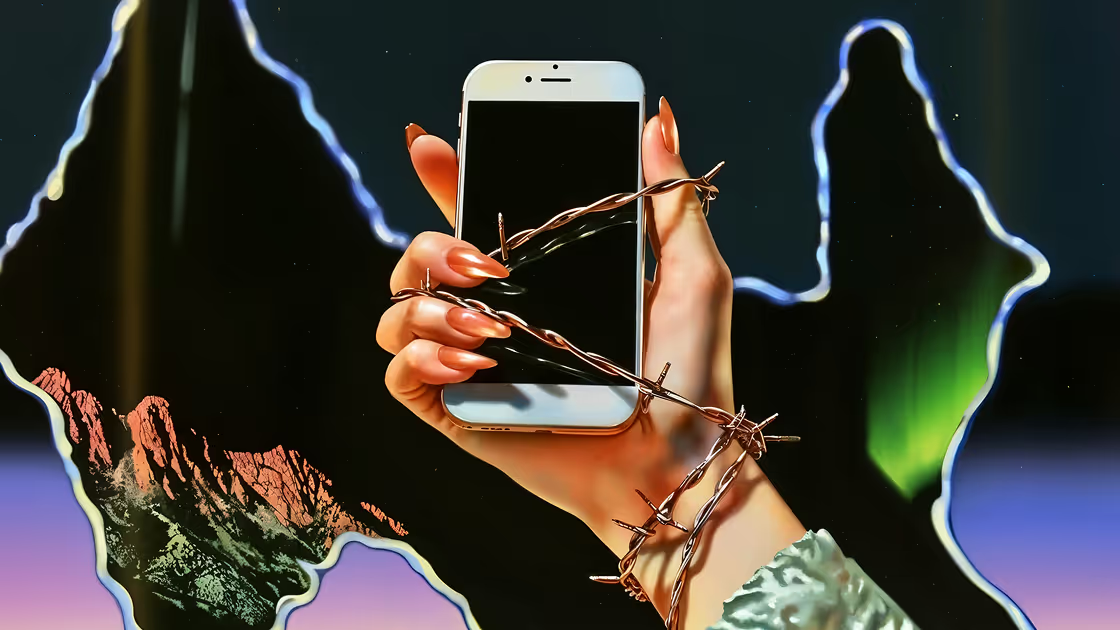

All
Hot Takes, Typos, and Total Chaos: The Secret Tactics Driving Online Engagement
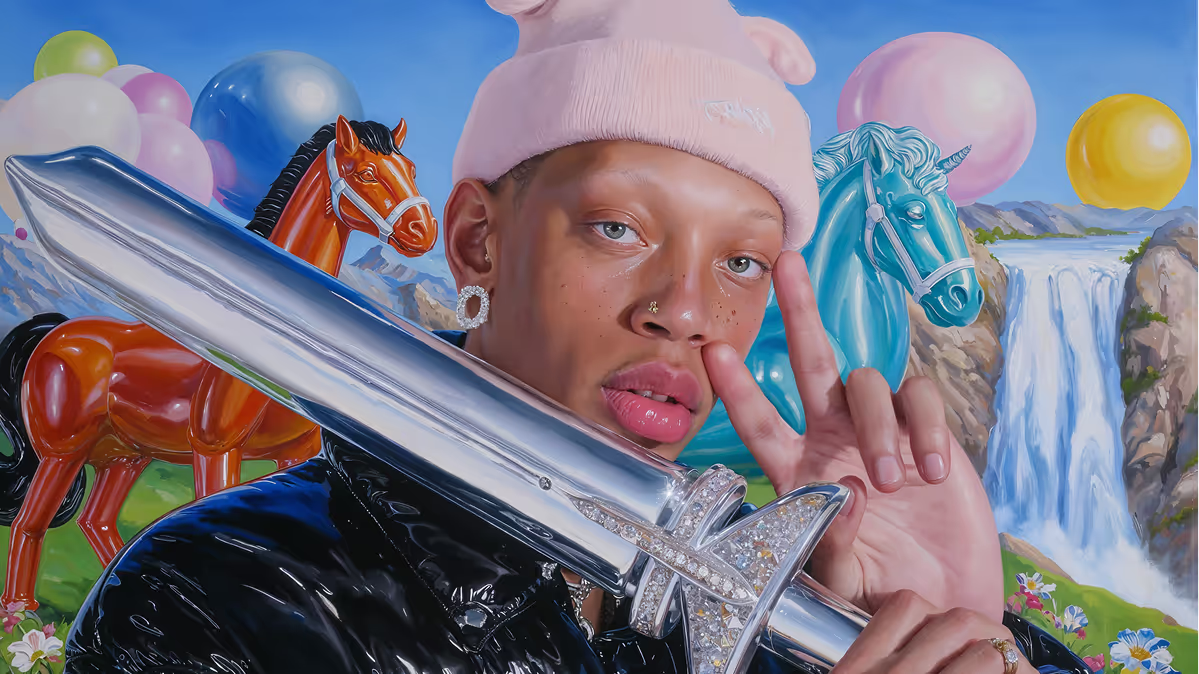

All
THE DEATH MARCH OF HYPERCOLOR BALLOON SWORDS
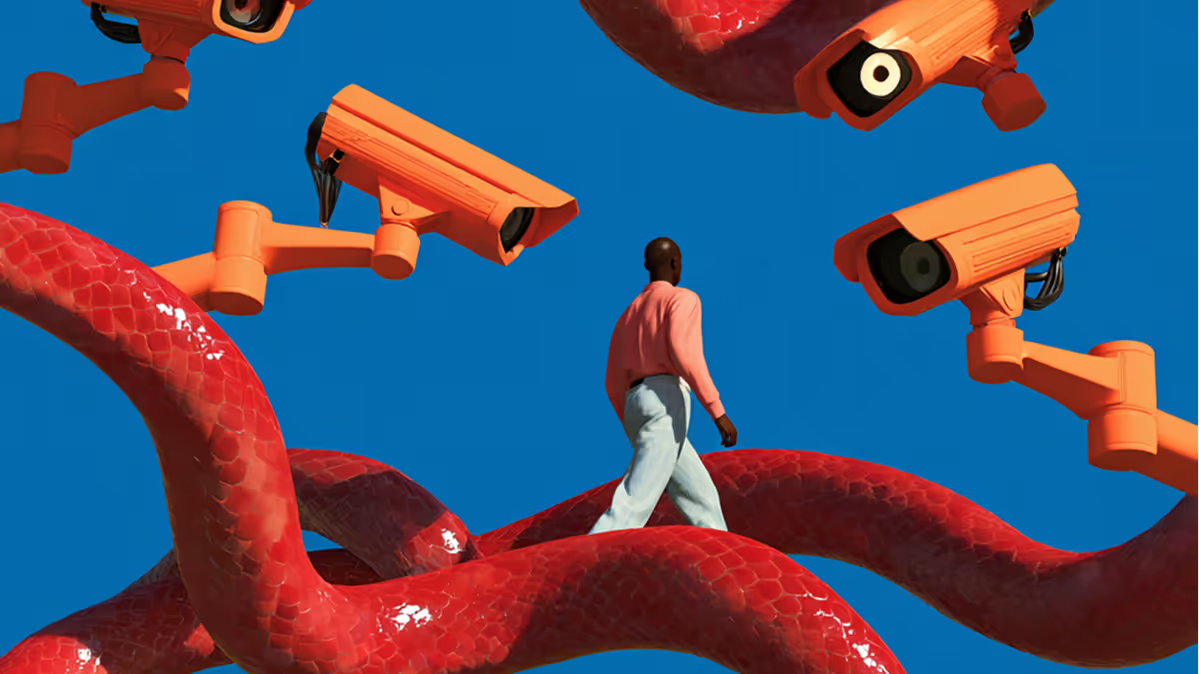

All
“They’re Watching Me”: Gang Stalking, Internet Delusions, & the Modern Mindf*ck
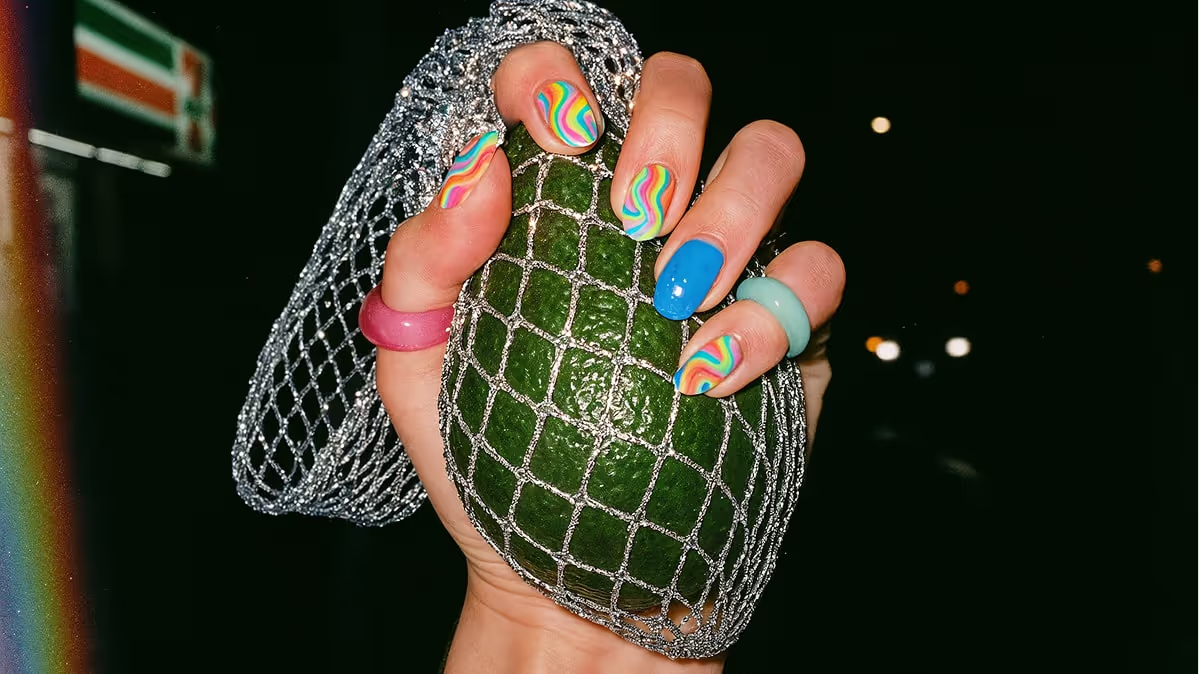

All
The Unripest Avocado: Nicholas Perry and the Dangers of Audience Capture
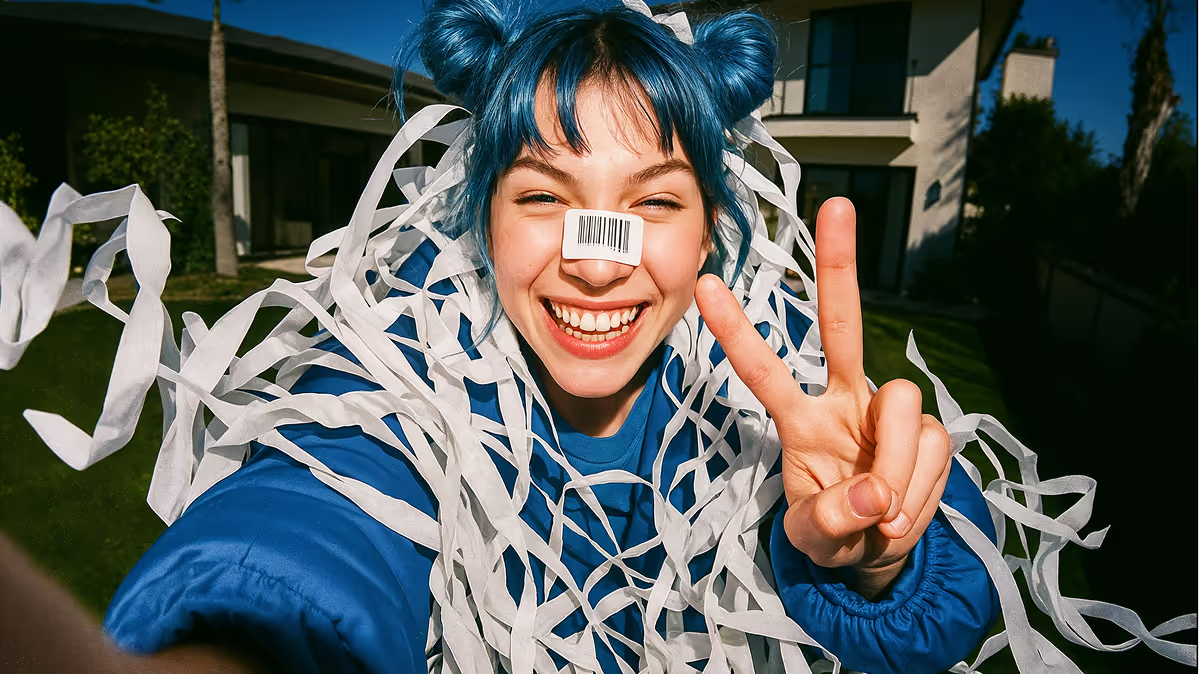

All
Branded Since Birth


All
How to not be a shitty affiliate seller, a talk with So_Narly


All
Parasocial Profit: The Unethical Underbelly of Affiliate Marketing


All
Stitch Incoming: Annie Stafford, Niche, and the Future of Fashion


All
Step right up!


All
Cooking Up a Social Media Empire


All
Right & Wrong Reasons to Expand


All
Have Influencers Peaked?


All
What’s Your Creator Fortune?


All
Mercy Kill Your Online Persona


All
Still Posting Post-Death


All
Cardboard Pizza: The Deadly Art of Losing Your Social Media Credibility


All
From Mr. Beast to Mr. Least?


All
Robots & Red Lace


All
Parental Discretion (Still) Advised


All
It’s 2024 and — Wait, Email Doesn’t Suck?


All
What’s a like on Instagram ‘worth’ in 2024?


All
A crash course in "crash course"


All
Speed sells: Why it’s important to respond lickety-split
© 2026 Manychat, Inc.
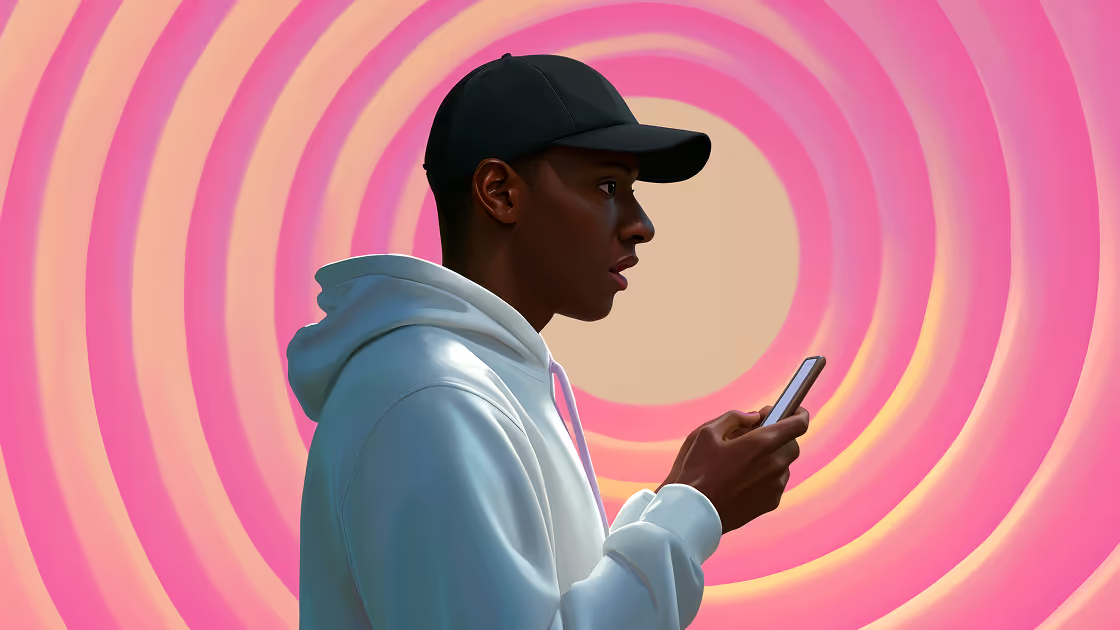


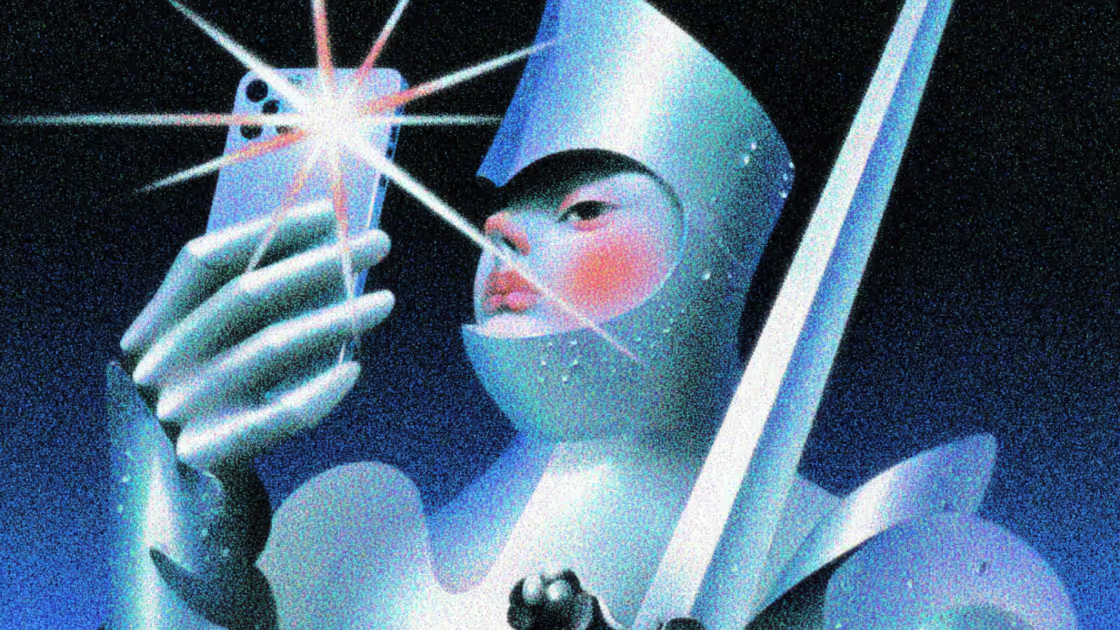
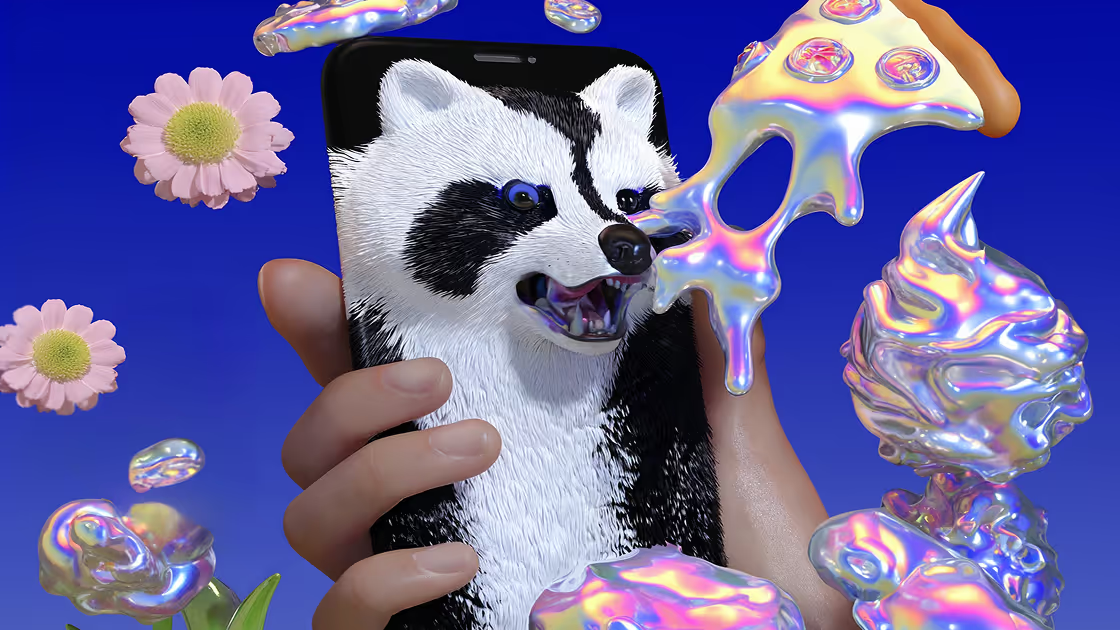
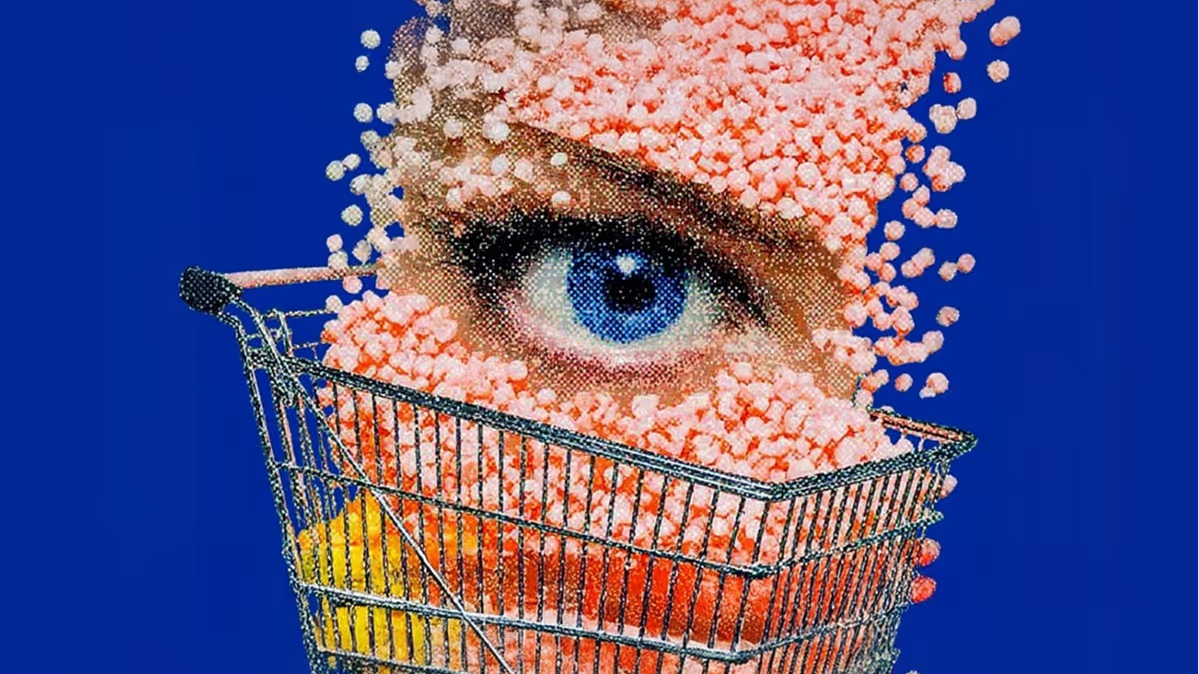
.avif)
